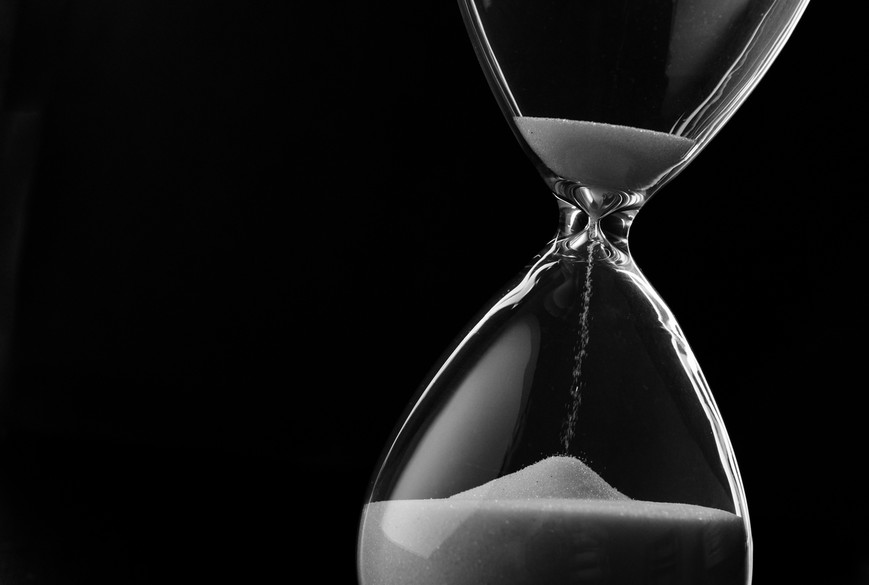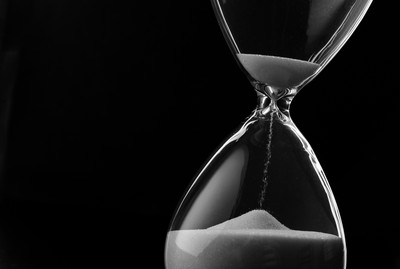

Anybody who’s played more than a handful of live tournaments is acutely aware that stalling is a real issue that has been plaguing poker for many years now. While the practice may have been introduced by high-level players who were looking for any way to squeeze every last atom of EV they could from every spot, stalling has now become commonplace across the board.
Even in small buy-in events, you’ll come across people who’ll take a long time to act even on the most trivial of decisions, and once pay jumps come into play, things tend to become progressively worse.
There are many reasons why stalling is bad for the game, but the biggest one is that it’s a deterrent for recreational players who just want to have fun and enjoy their time at the tables. Slowing down the pace of play and acting as if their EV is the only thing that matters, players who habitually stall are not doing any favors to anyone — including themselves, if we consider the long run.
The problem exists — it’s been recognized and discussed at length, but it seems that there is no real solution.
Working on this piece, during the recently concluded EPT Barcelona, pokerfuse sat down with Toby Stone, the PokerStars Global Tournament Director, and Kenny Hallaert, a respected tournament organizer who recently joined PokerStars as an ambassador.
Their thoughts and observations were very helpful in understanding the extent of the issue and what, if anything, organizers can do to combat this problematic behavior.
- Play one hand & get $150 in bonus play funds
- Top-quality mobile app
- Best online MTT schedule
Why Shot Clock Aren’t The Solution?
Trying to tackle the issue of stalling in poker, tournament organizers came up with what seemed to be the only viable solution — limiting the amount of time a player has to act. Thus, shot clocks were introduced, whereby players are given a certain amount of time (usually 15 to 30 seconds) to act. If they fail to do so within the allotted time, their hand is dead.
It seemed like this could solve the problem, but it quickly became obvious that shot clocks, although they do help, aren’t the solution.
We asked Toby Stone his opinion on shot clocks, and he commented:
They (players) have that 15 or 30 seconds, and they will use all the 30 seconds and then they will pass their cards. And that, for me, is one problem with the shot clock because it’s very difficult to control. It’s almost impossible for us to do anything about that.
A lot of players and even tournament organizers think: look, it’s a moral strategy; they have that time, they can use it as they want, which could be to deliberately use the time so that blinds increase.
I just think that’s wrong. I think it’s immoral. Play your hand. When you know what you’re going to do, play your hand. However, the idea is to win as much money in the tournament [as you can], and if you know that using that 30 seconds gives you an advantage or edge to win more money, then it’s a strategy, right?
So I’m a little bit torn on this one because I do feel it’s a little bit wrong, but there’s not much we can do about it.
These comments capture the crux of the problem. While 30 seconds isn’t a lot of time, if everyone takes 30 seconds every single time, that slows down the action significantly.
Even if you’re unlucky enough to have two players at your table who do this, recreational players will certainly not have a good experience. In fact, after suffering through something like that for several hours, they might be turned away from playing poker altogether.
If this was an isolated incident, it wouldn’t be a big deal, but with stalling becoming a part of the strategy, there is a real risk that a certain portion of poker fans who play primarily for enjoyment, thrill, and relaxation will give up.
But, as Stone explains, there isn’t much else organizers can do. You can’t make the shot clock five seconds and make the game impossible to play. Those who take up their entire time are still playing by the rules, so there is nothing dealers or floors can do to stop this behavior.
Plus, as Kenny Hallaert points out, shot clocks are an investment that not all poker rooms can afford, and they require additional training for the dealers. So, while the organizers always want to give the players the best experience possible, some things aren’t practical or feasible.
Is It Time to Take a Step Back?
Stalling, real time assistance (RTA), and other devices that many players utilize these days are relatively new. Poker has been around for a long time, and many still talk about the golden years of poker when games were soft, action was plentiful, and the game was fun.
I wish we could go back at least 15 years where we were all just playing cards and all were having fun. There were no reentries. There was two hours of late reg everywhere. And if you were short on the bubble, players would still instantly muck their cards. But times have changed, unfortunately. — says Hallaert.
Like Stone, he doesn’t have a real solution. One idea that comes to mind is introducing more shootouts as this is a format that doesn’t lend itself to stalling as much as regular tournaments.
However, in this day and age, it seems that players stall for all sorts of reasons, so shootouts wouldn’t really solve the entire issue. Plus, they don’t have the same appeal as regular tournaments since they play as a series of sit and goes.
The only real way to resolve this matter is for the players to realize that whatever short-term EV they are getting with their antics is negligible in comparison to the long-term value lost by recreational players leaving the game for greener pastures.
Over the last couple of years, the live poker scene has been booming, and the entire community needs to do its best to keep that trend going. And if that means mucking 8-4 off-suit from under the gun without waiting for your shot clock to run out, is that really too much to ask?


